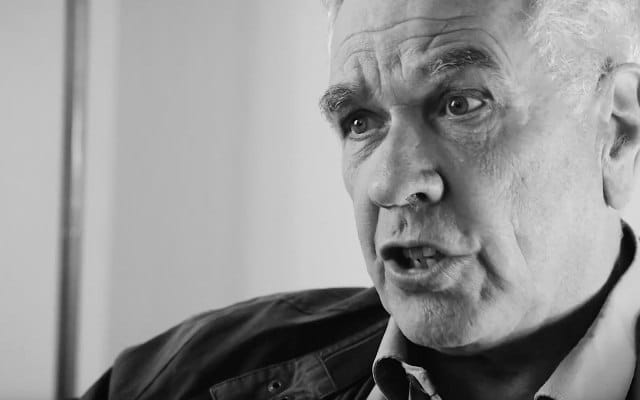
![]()
A third of people are “just getting by” a new financial wellbeing study has grimly revealed.
Meanwhile one in eight people can only cover their costs for a month or less in the event of ''income shock.''
It is significantly worse among people with only a primary education or less, as this figure rises to over 50%.
These are a snapshot of the grim findings from a Competition and Consumer Protection Commission financial wellbeing survey.
Most people believe they can sustain their living expenses for three months or more in the case of a financial shock such as the loss of income, but 1 in 8 say they would just be able to cover their costs for a month or less.
Lone parents and people in shared homes are among the least likely to have significant financial buffers in place.
The percentage of households saving is high overall (86%), with most using deposit or savings accounts.
However, men are more likely to engage in higher-risk saving such as the purchase of stocks and shares or investing in crypto-assets.
Kevin O’Brien, member of the CCPC, said: “This first report in our Financial Wellbeing series has some very positive findings. It shows a population making sound financial decisions, saving, budgeting, and drawing on information from a range of sources before choosing a mortgage or loan.
"There are also areas of deep concern. One in three people feel they are only just getting by financially. One in seven feel they have too much debt. There are significant differences between age groups, with those over 60 showing greater financial resilience than those under 30, while lone parents and people with lower levels of formal education have the lowest levels of financial wellbeing in Ireland.”
Fr. Peter McVerry told Newstalk that he receives a lot of requests for help and that the survey doesn't accurately reflect the depth of problems in society.
"I live in an area with a lot of low-income families, and I would say many of them couldn't even get through three days if there was an income shock," he said.
"I got a lot of requests for help. I get a request for maybe €3 or €4 to get prescriptions out of the chemist.
"I get requests for €3 and €4 for bread and milk.
"There are a lot of families who are struggling just to provide what the rest of us take for granted".
"Certainly, some of what I was reading in that survey didn't resonate with me at all.
"People couldn't survive a couple of days if their welfare was cut or if they lost their jobs.
"People are going without electricity... they're coming to me to ask me to help them top-up their electricity".
Fr McVerry said there's far bigger or greater hurdles as well, citing one specific incident where this is reflected:
"If you have a tooth that needs to be extracted, it's almost impossible to get a medical card dentist today," he said.
"In one case I helped somebody to pay €340 to get a wisdom tooth extracted when he was in an awful lot of pain.
"If somebody has to go to the doctor, and they don't have medical card or their medical card has run out, you're talking of another €100 to go to the doctor and get a prescription.